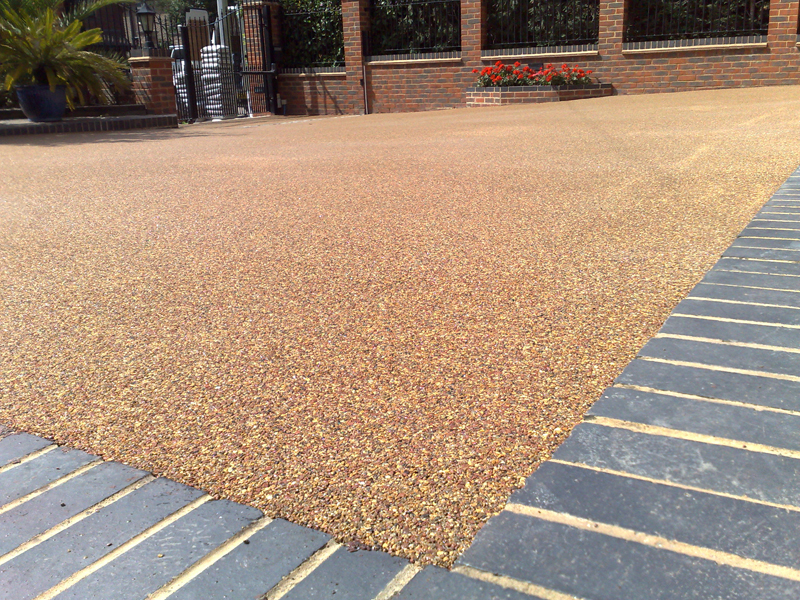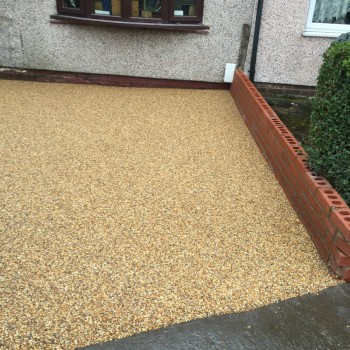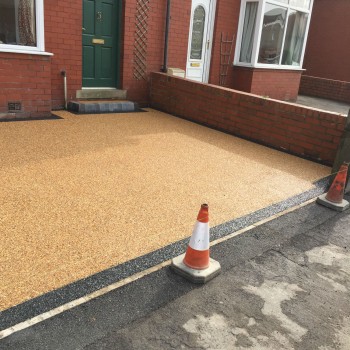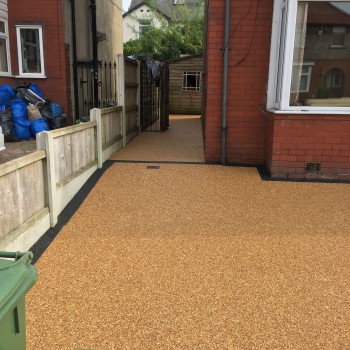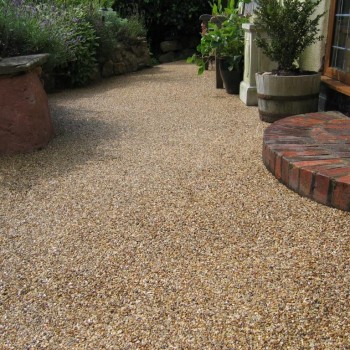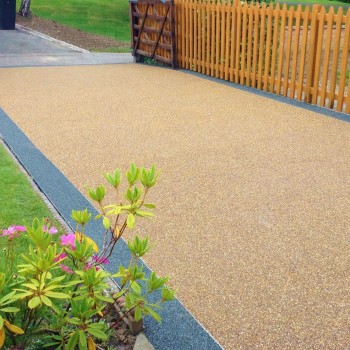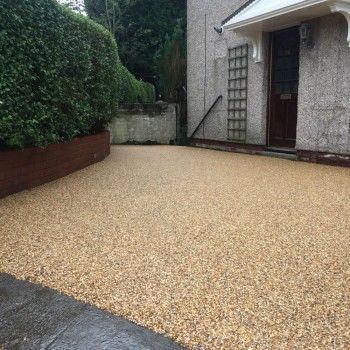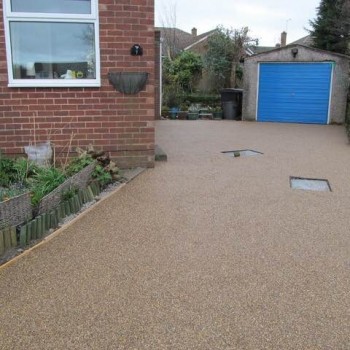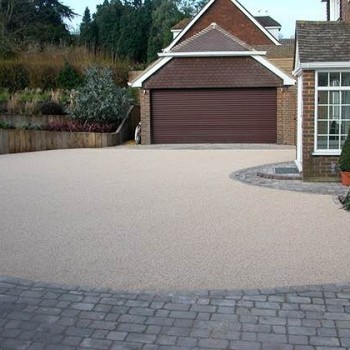RESIN BOUND DRIVEWAY
Our permeable resin bound driveways combine beautiful looks with a fully permeable, hardwearing, SuDS compliant surface that doesn’t require planning permission.
An eye catching alternative to loose gravel, concrete, and brick, a domestic resin driveway needs little maintenance and once installed will reward you with many years of outstanding performance and durability.
We offer a large range of colour and texture options for resin bound driveways, to either complement or contrast any adjacent surfaces. This huge selection allows for the creation of a unique resin driveway that will attract your friends and family’s attention.

